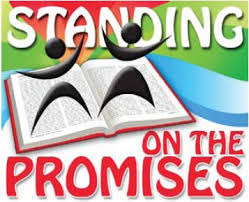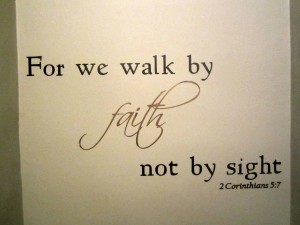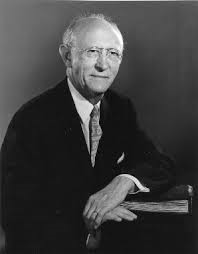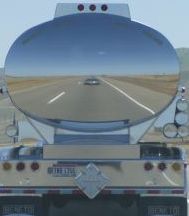When my sister, brother, and I were teens, Mom used to say, “If I start slipping mentally, I want you to let me know.”
After that open-ended invitation, every time she’d forget something, I’d say, “There you go, Mom. You’re starting to slip.”
Thankfully with Mom it remained just a joke, since she never did slip mentally in her 92 years. She was on top of everything, always, and did much better at remembering stuff than I did at half her age.
I never invited my own teens to let me know if I started to slip, because ignorance has been known to be bliss. But once in a while I get a vague feeling I’m on the way. Like on Thanksgiving Day.
After we’d all assembled at the table but before the meal began, Louisa casually mentioned it was a good thing she’d gone back to the stove for hot gravy, because two of the electric burners had been left on (guess who). And if that wasn’t enough, I’d tossed two potholders on top of them.
 Though Louisa got points for not wanting to embarrass her mother (discreetly setting the potholders aside), I jumped from my chair to see if it was true. Yup, burn-marks indicated we had narrowly avoided a Thanksgiving flame-up.
Though Louisa got points for not wanting to embarrass her mother (discreetly setting the potholders aside), I jumped from my chair to see if it was true. Yup, burn-marks indicated we had narrowly avoided a Thanksgiving flame-up.
I laughed it off by saying it was a fitting coincidence that I’d just purchased a fire extinguisher the week before. Of course it was in the basement, still sealed in its box, with directions still unread.
Sometimes when we need something in a hurry, we can’t readily access it, whether it’s recalling someone’s name, remembering an appointment, or being prepared in an emergency.
One more instance when accessing information is important is in our claiming God’s promises. This is especially important when we find ourselves in a crisis. For multiple reasons, it’s easy to slip-up here, maybe because we don’t understand what God offers at a time like that. Or we might not remember his promises when we need them. Maybe don’t know how to apply them. Or, saddest of all, we might never have learned of them in the first place.
 Fortunately, Scripture is always available to us. We can get into it any time we feel like it. We don’t even need potholders to handle it, though studying God’s promises will definitely warm us. And leaving that kind of “burner” on is always a good idea.
Fortunately, Scripture is always available to us. We can get into it any time we feel like it. We don’t even need potholders to handle it, though studying God’s promises will definitely warm us. And leaving that kind of “burner” on is always a good idea.
“Train yourself to be godly. For physical training is of some value, but godliness has value for all things, holding promise for both the present life and the life to come.” (1 Timothy 4:7-8)
Praising and Praying with Mary
- I’m praising the Lord that my symptoms aren’t bad yet
- Pray that I will “…number my days aright, that I may gain a heart of wisdom.”




